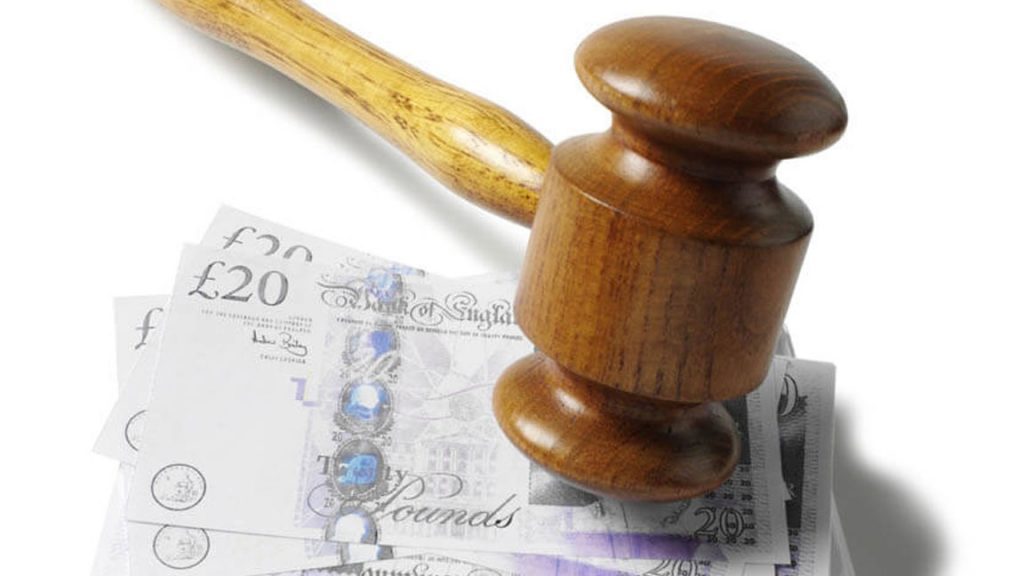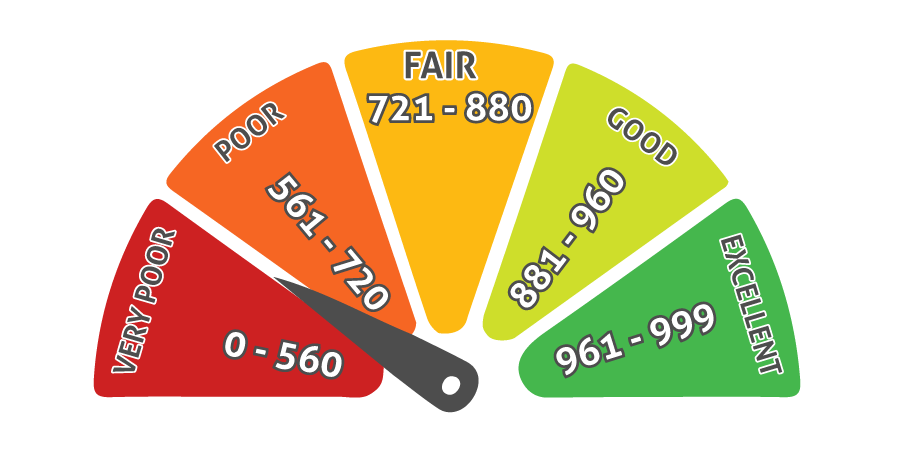
County court judgements (CCJs) are at a record high, according to consumer debt figures for the first few months (Q1) of 2017.
CCJs are registered in England, Wales and Northern Ireland when someone can’t pay a debt they owe. It is a long road from taking out credit to getting a CCJ; lenders – usually banks, credit cards, store card companies – need to go through a collections route first. Only when the debt is still outstanding can they apply for a CCJ, which makes it harder for customers to get credit or a mortgage in the future.
Data from The Registry Trust – which records judgements on behalf of the Ministry of Justice – shows that 912,389 CCJs were registered in 2016. In contrast, only 734,205 were registered in 2015 – a shocking 24% increase in one year. The situation consumers are facing is getting worse.
In Q1 2017, there were 298,901 debt judgements, a 35% increase on the same period in 2016. That is nearly one-third of the 2016 total and the highest rise in CCJs over a three month period in over a decade. The average value of CCJs is decreasing, down to £1,495 per person, from £3,662 in 2008, a sign that lenders are getting more aggressive at chasing down outstanding debts.
Worrying Patterns
The total value of CCJ debt was £1.7 billion in 2016, with another £462.5 million registered in Q1 2017. Anyone watching the economy should recognise this as a worrying sign.
Registry Trust sees this as an aggressive move by lenders to attempt to collect arrears sooner rather than later. CEO of Creditfix, Pearse Flynn said that “Any rise in the number of County Court Judgements (CCJ) being registered against consumers should be cause for concern – but one as large as 35 per cent in the space of a year, and nearly 50 per cent in two years, could point towards a more aggressive shift in the way that creditors are chasing outstanding debt.”
For the last four years, CCJs have been on the rise. As a pattern, this shows us that lenders are lending more, but not everyone they consider creditworthy can truly afford the extra credit – or when their circumstances change, and they get into difficulty, they are eager to slap them with a CCJ. In turn, consumers tagged with bad credit get charged higher interest rates or get stuck in a cycle of repaying old debt for years, even decades.
The system is stacked against those who would benefit from extra financial health. No one should be penalised for mistakes or choices from years ago when current salaries make debt consolidation and a little extra help easily affordable.
A Fairer System?
Banks, credit cards, payday lenders and consumer finance partners aren’t the only ones that can lend money in the UK. Not-for-profit, member run Credit Unions can make responsible lending decisions, with previous blots on their credit file, but good recent financial health. When a loan is verified through an employer – which is the case when you apply through FairQuid – they can take other things into consideration, such as salary and how long you’ve been employed.
FairQuid loans are more affordable. Loan payments come directly from your salary, which means they take the affordability of this into consideration too. Loans through credit unions also automatically include a savings account, which means, over time, your financial health keeps getting better.
Don’t let your debt get the better of you: Now is the time to take control of your finances, with FairQuid: Your Money, Your Way. Find out more and apply here.
Sources:
1. http://www.credit-connect.co.uk/consumer-news/ccj-numbers-rise-highest-level-decade/
2. https://www.theguardian.com/money/2017/feb/06/sharp-rise-in-county-court-judgments-against-consumers
3. https://www.moneyadviceservice.org.uk/en/articles/dealing-with-county-court-judgements-ccjs



